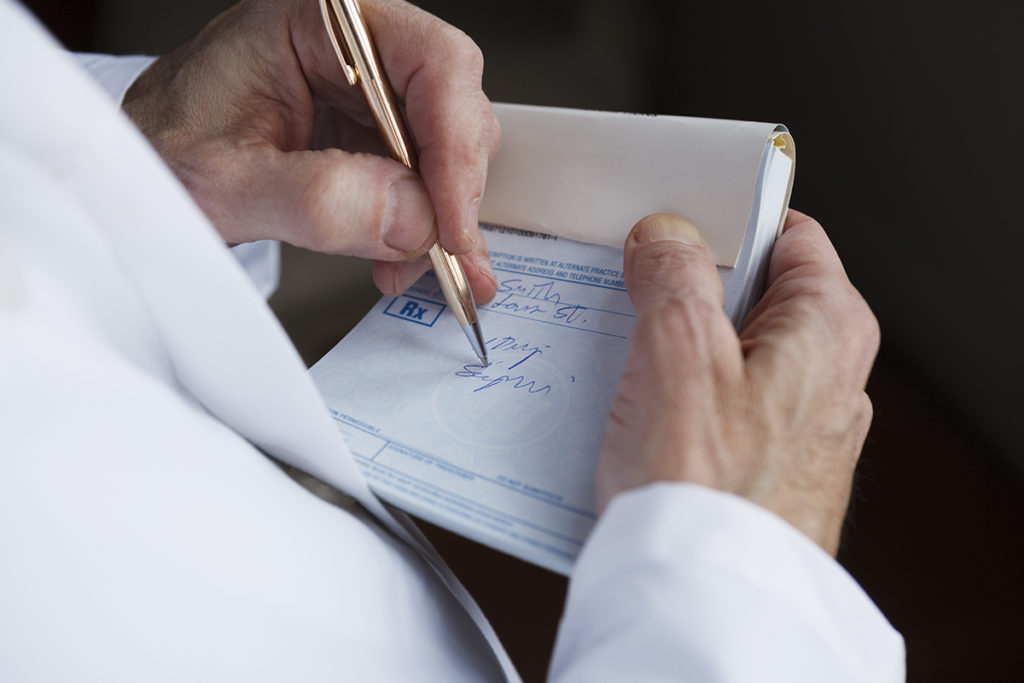Read the latest and greatest from our team
of incredible specialists.

Beach House Recovery Center » Blog » What Are the Most Addictive Prescription Medications?
Your doctor may provide you with prescription medications to protect your health and well-being. For example, opioids such as OxyContin and Percocet can provide much-needed pain relief if you are recovering from major surgery. Or, if you struggle with anxiety or panic attacks, you may find short-term benefits in benzodiazepines such as Xanax. However, there is an addictive component to some drugs, even when people take them exactly as prescribed.
How do people get addicted to their prescription medications, what meds have caused people to develop an addiction – and what signs of prescription drug dependence should you be aware of?

Most addictive drugs cause happiness or even a euphoric effect by acting on the brain’s reward system. A neurotransmitter called dopamine floods the brain in much higher amounts than usual, which causes people to reach for the drug time and again to experience this pleasurable sensation.
With prolonged use, it’s possible to develop a tolerance, which means it takes higher and higher doses of the drug to achieve the same effects. As the addiction progresses, you may notice that you don’t feel “right” or “normal” when you’re not using the drug. If you become addicted to your prescription medications, you may take them compulsively, even when drug use begins to have negative consequences on your life.
If you’re under a doctor’s care and worried that you might develop a substance abuse disorder from any drugs they may prescribe you, here are some medications to put on your watch list.
How can you tell if you or a loved one is abusing prescription medications? Knowing the red flags of addictive behavior can help.
No matter how much they may be beneficial for their originally intended purpose, prescription medications can be extremely harmful if an addiction takes root and begins to negatively impact your health, happiness and well-being. However, treatment programs are available to help overcome a substance use disorder and allow you to regain control of your life.
If you’re seeking help for yourself or a loved one, a facility that provides a full continuum of evidence-based care will provide the best chances of recovering successfully and reclaiming a brighter future. Beach House’s beautiful oceanfront treatment center provides an ideal environment to begin the healing process. Contact us today for a confidential assessment.
Whether you’re researching for yourself or a loved one, Beach House can help. We understand that this is a serious time in your life and that the treatment center you choose matters. We want you to feel comfortable and empowered to make the right decision for yourself, a friend, or a family member. This is why a counselor is waiting and available to answer your questions and help put your mind at ease regarding the next steps. Many of the staff at Beach House have walked in your shoes. If you feel you’re ready or want more information about how to help a loved one, we can help today. You can also learn why we are voted the #1 rehab for addiction treatment in Florida.
We accept most major insurance plans and can verify your benefits quickly and confidentially.
We’re committed to helping you access the care you need, our admissions counselors can guide you through your coverage options and available resources.





"*" indicates required fields